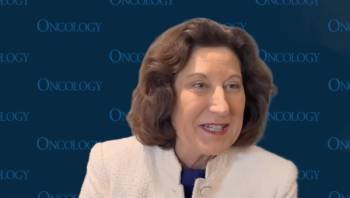
Clinicians can reduce doses and mitigate toxicities in an easier fashion when administering elacestrant-based treatment for those with advanced breast cancer.

Your AI-Trained Oncology Knowledge Connection!


Clinicians can reduce doses and mitigate toxicities in an easier fashion when administering elacestrant-based treatment for those with advanced breast cancer.

Leading experts in the breast cancer field highlight the use of CDK4/6 inhibitors, antibody-drug conjugates, and other treatment modalities.

Leading experts in the breast cancer field highlight the use of CDK4/6 inhibitors, antibody-drug conjugates, and other treatment modalities.

Patients with node-negative disease who are older and have comorbidities may not be suitable to receive CDK4/6 inhibitors.

An observed carryover effect with CDK4/6 inhibitors may reduce the risk of recurrence years after a patient stops treatment.






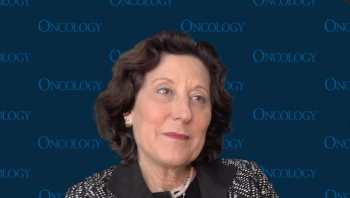
Updated results from the 1b/2 ELEVATE study elucidate synergizing effects observed with elacestrant plus targeted therapies in ER+/HER2– breast cancer.

Patients with ESR1+, ER+/HER2– breast cancer resistant to chemotherapy may benefit from combination therapy with elacestrant.






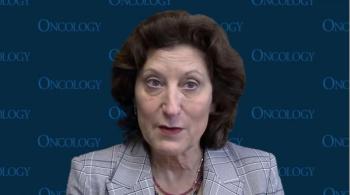
Hope Rugo, MD, speaks to the importance of identifying patients with aromatase inhibitor–resistant, hormone receptor–positive, HER2-negative advanced breast cancer who are undergoing treatment with capivasertib/fulvestrant who may be at a high risk of developing diabetes or hyperglycemia.
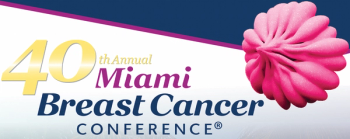




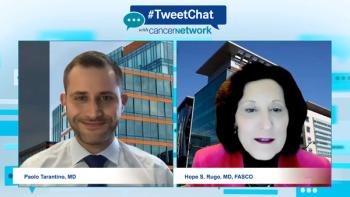
Hope S. Rugo, MD, FASCO, and Paolo Tarantino, MD, offer closing remarks on the growing field of HER2-low and triple-negative breast cancer.

Breast cancer experts talk through their approaches to treating HER2-low triple-negative breast cancer.

Experts on breast cancer give an overview to treating PD-L1-positive triple-negative breast cancer.
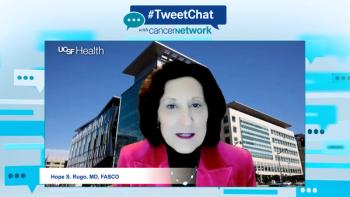
Hope S. Rugo, MD, FASCO, discusses how BRCA mutations change the treatment approach for triple-negative breast cancer.

Paolo Tarantino, MD, explains his approach to treating patients with triple-negative breast cancer who progress early after completing adjuvant therapy.
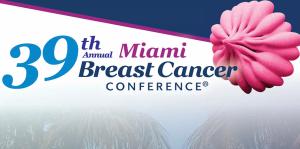
Published: April 18th 2022 | Updated:

Published: April 18th 2022 | Updated:
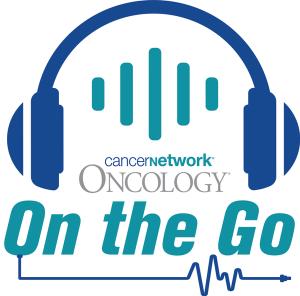
Published: July 21st 2025 | Updated:
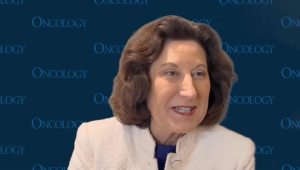
Published: December 17th 2025 | Updated:

Published: February 21st 2022 | Updated: